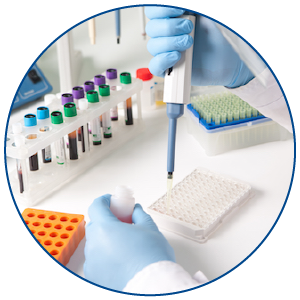
Introduction
Non-gonococcal urethritis (NGU) is an inflammation of the urethra caused by some pathogens including Chlamydia, Mycoplasma Genitalium, and Ureaplasma Urealyticum except Gonorrhoea through sexual contact. The symptoms of NGU include a slight burning and pain during urination.
Chlamydia
Chlamydia is the leading reason for infecting NGU (accounting for 50% of NGU cases). Chlamydia is bacteria that can be found in the semen and vaginal fluids, but it can also live in the cells of cervix, the urethra, the rectum and sometimes the throat and eyes. As it can be easily transmitted through sexual contact, any sexually active people, even without multiple sexual partners, can be easily infected and spread the bacteria by the secretion of human fluid.
Mycoplasma Genitalium and Ureaplasma Urealyticum
Mycoplasma Genitalium and Ureaplasma Urealyticum can live in the body without causing symptoms. However, when they multiply quickly, it leads to an inflammation of the urethra. Being ill or stressed could also cause the infection. Up to 10% of cases of NGU are caused by ureaplasma urealyticum, and up to 25% by mycoplasma genitalium. It is generally believed that these organisms may be transmitted sexually.




